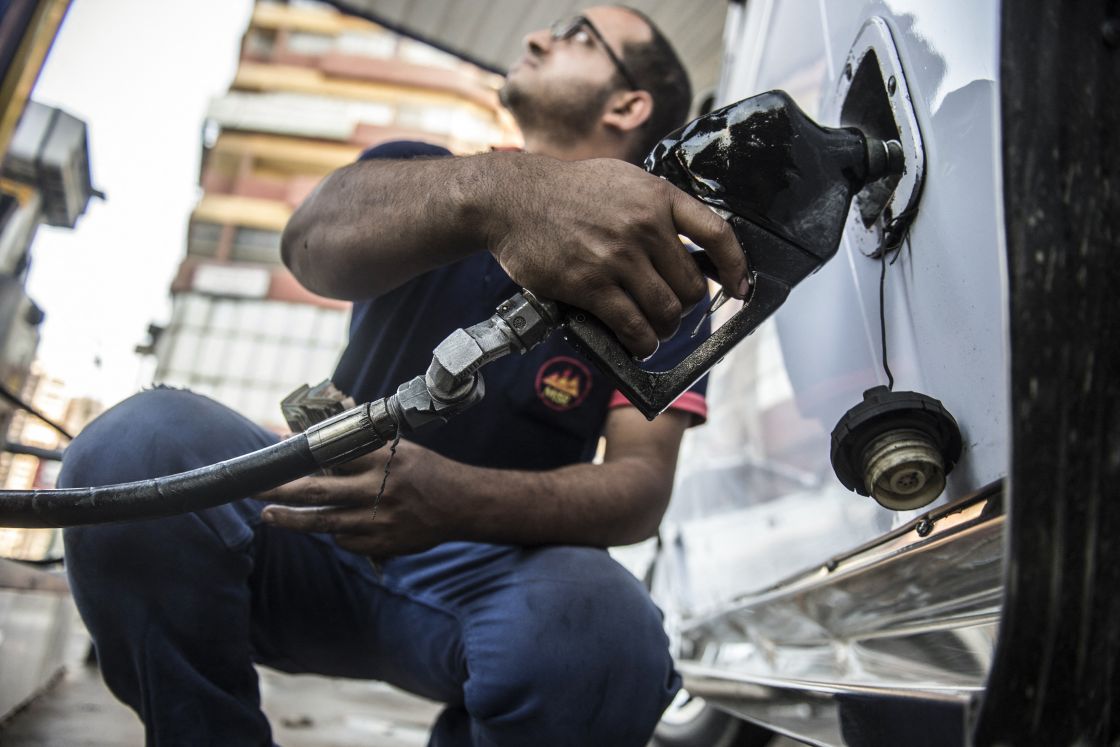- Editorials
- Posted
Kassioun Editorial 1101: Privatization of Fuels and “Step for Step”!
During the last few days, a decision was passed allowing a private company to enter the fuel distribution market through several steps, some of which were announced, with others to be announced at a later time. This was done under the pretext of the need to “provide solutions to citizens” amid a widespread crisis, the most important features of which is the electricity crisis, the transportation crisis, and the fuel crisis.
As is usual with all the measures taken by the successive Syrian governments, which are presented under the slogan of the interest of citizens, this measure is also against the interest of 90% of the Syrians.
Firstly, for those who try to say that allowing a private company to distribute fuel is not privatization, it should be recalled that a private company entering this sector means ending the exclusivity and monopoly of the public sector company, Sadcop, and means opening the door to ending it completely with time.
If the fuel crisis has been for years, especially during recent months, blamed exclusively on sanctions and blockades, then exploiting it to reach this privatization decision opens the door to serious thinking that part of the recent crisis at least, is fabricated as a prelude to passing privatization as “treatment by scorching”. It could even be passed as a “popular demand”, which has been said previously by official media when the price of bread was raised, to portray the matter as a response to a demand by the citizens.
The days following the decision have proven, and what the coming days will prove more, is that privatization did not and will not solve the current crisis, and it will not even mitigate it; most likely it will deepen it. A private company taking over distribution will not solve the external aspect of the issue connected to how the material is supplied, but it will certainly increase the profits of its suppliers.
Even worse, handing over people’s fates to private suppliers and their prices, and of course those with influence behind them, means handing over the entire Syrian economy to the hands of these suppliers. Fuel does not only mean transportation and heating, but also agriculture and industry, and the prices of different products. Taking away a sector of this importance from the hands of the state means taking away the few remaining tools in its hands to intervene in the market, stimulate production, maintain food security, and consequently political security; bearing in mind that state institutions do not play this role now anyway.
This new step cannot be explained in that its objective is limited to achieving more profits for the plundering few, although this is part of the reasons. What we think is most important are the following two things:
First: The privatization of the fuel distribution sector constitutes an additional step within the continuous implementation of the IMF and World Bank programs, and within the full liberalization of the Syrian economy. Perhaps the political meaning of such a step is that it is a step within the framework of “step for step” as the stated American and Western project in Syria.
Second: The long-term goal of privatizing a sector of this importance is that those who put their hands on it plan not only for the present but also for the future. Those believe that their control of vital sectors within the Syrian economy will allow them to have subsequent control not only over the country’s economy, but ultimately its politics. That is, they are trying to perpetuate their influence through “creative” methods.
The various attempts being pushed for by those with great financial influence, and consequently great political influence, will not guarantee them anything in the future of Syria. All sorts of measures at a stage like the one the country is going through can be reversed at a later stage, not to mention that the continuation of this kind of measures that deepen the Syrians’ crises and paralyze the entire country, carries great risks to the continuation of the country itself. Thus, the bet on the country’s future becomes a bet on it and its existence.
All of this reaffirms that what is required in Syria is not only a “political process” that is some form of consensus and quotas among political sides, but rather a comprehensive radical change is required on the basis of UNSC Resolution 2254 of the socioeconomic and political nature of both the regime and the opposition alike. Both have more than sufficiently proven that they together represent that group of 10% or less of Syrians, while representation of 90% of Syrians, who are the only stakeholders in real change, is absent.


